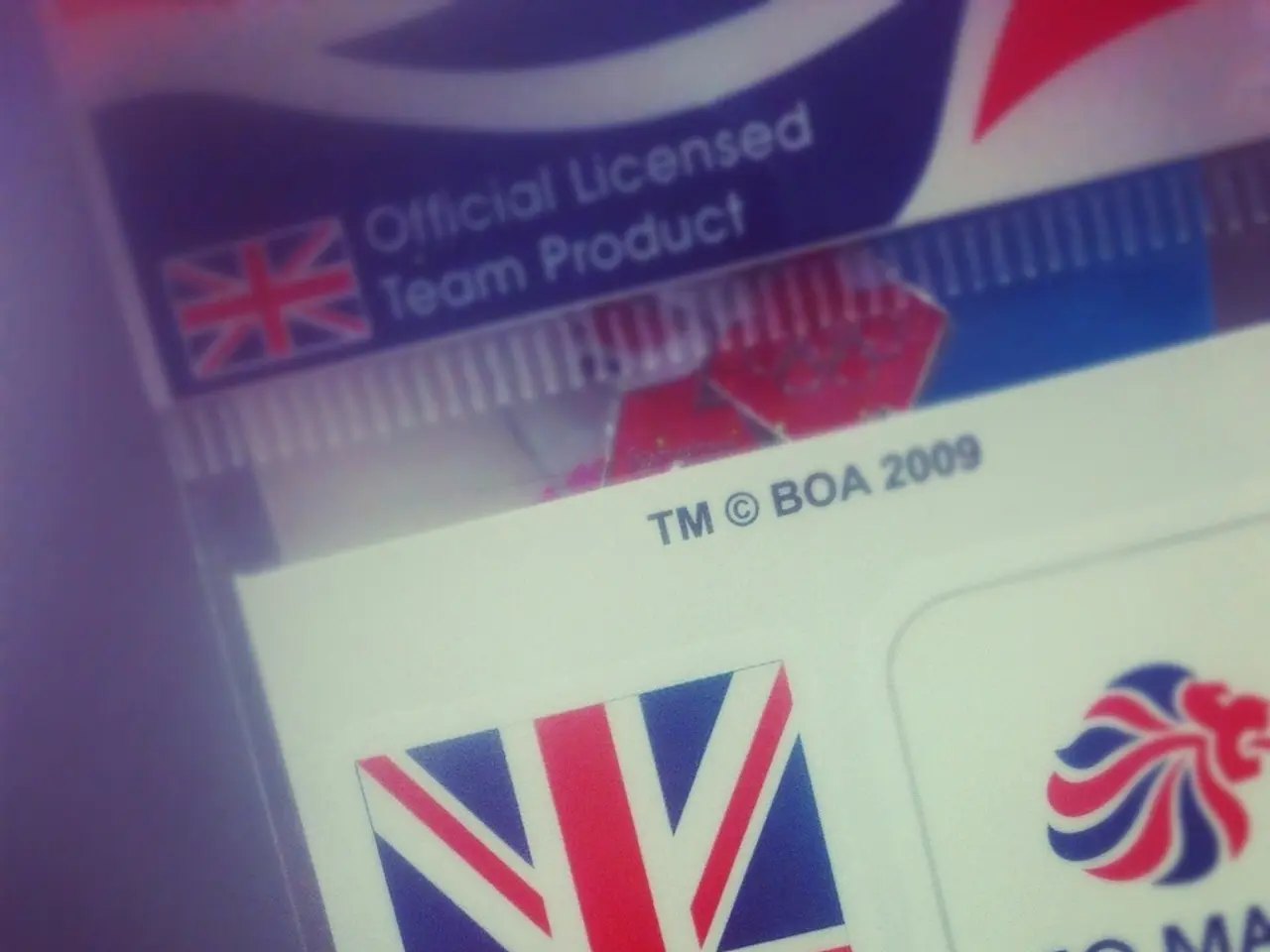Porsche Observes Higher Sales of Electric Macan Models Compared to Gasoline Variants
In the ever-evolving automotive landscape, Porsche is making significant strides in its electrification journey. The German luxury car manufacturer has already made a substantial dent in the electric vehicle (EV) market, with 14.5% growth in EV sales compared to the previous year.
While the iconic 911 model remains petrol-powered for now, Porsche has announced its intention to electrify its entire SUV lineup. The brand's focus on electrifying its SUVs is evident in the success of the Macan Electric, which sold approximately 134% as many units as its gas counterpart, with a total of 25,884 units sold for the EV and 19,253 for combustion models.
The Macan Electric's impressive sales performance is a testament to the public's and dealers' support for Porsche's electric models, a credit to their education about the strengths of these vehicles. The Macan Electric, Porsche's best-selling model, saw a 15% increase in sales, with EV versions accounting for 57% of Macan sales.
Porsche's SUV electrification strategy is set to continue with the forthcoming Cayenne EV, expected to launch in 2025 as part of the fourth-generation Cayenne lineup, which will be all-electric. While specific sales projections are not available, the Cayenne EV is expected to leverage Porsche's established brand reputation and the growing demand for electric SUVs.
The Macan Electric and Cayenne EV are poised to capitalise on the luxury electric SUV market, offering powerful performance and advanced tech, which should appeal to eco-conscious buyers seeking premium electric vehicles.
However, Porsche's plans for electric versions of the Boxster and Cayman remain uncertain. There are no official announcements or confirmations from Porsche regarding the release of electric versions of these models. Porsche has been focusing on electrifying its SUV lineup, such as the Macan and Cayenne.
Porsche's transition towards electrification comes amidst challenges faced by Western automakers in China due to strong domestic competition and the rapid rise in EV sales percentage. In fact, China is of particular note, where Porsche sales dropped 28%, the largest global decrease.
Despite the challenges, Porsche remains optimistic about its future in the EV market. The brand sold a total of 36.1% plug-in models, with a 23.5% BEV share and 12.6% PHEV share, indicating a strong commitment to electrification.
Looking ahead, the release of the Cayenne EV within the next year and plans for the Boxster and Cayman EVs in the future suggest that Porsche is committed to expanding its electric vehicle portfolio. With the Macan Electric's success and the forthcoming Cayenne EV, Porsche is well-positioned to capitalise on the growing demand for electric SUVs and continue its legacy of performance and luxury.
References: [1] https://www.motor1.com/news/3410544/porsche-cayenne-ev-coming-2025/ [2] https://www.cnet.com/roadshow/news/porsche-macan-electric-price-starts-at-80145-in-us/
- Porsche's focus on the growth of electric vehicles (EVs) is evident in the success of models like the Macan Electric, which saw a 15% increase in sales and accounted for 57% of Macan sales, demonstrating strong consumer and dealer support for Porsche's EVs.
- As part of its electrification strategy, Porsche is set to launch the Cayenne EV in 2025, aiming to capitalize on the growing demand for electric SUVs and leverage its established brand reputation.
- The luxury lifestyle continues to merge with technology as Porsche moves towards an all-electric future, with plans for electric versions of cars like the Boxster and Cayman still uncertain, but the brand's focus on electrifying its SUV lineup, such as the Macan and Cayenne, remains strong.




